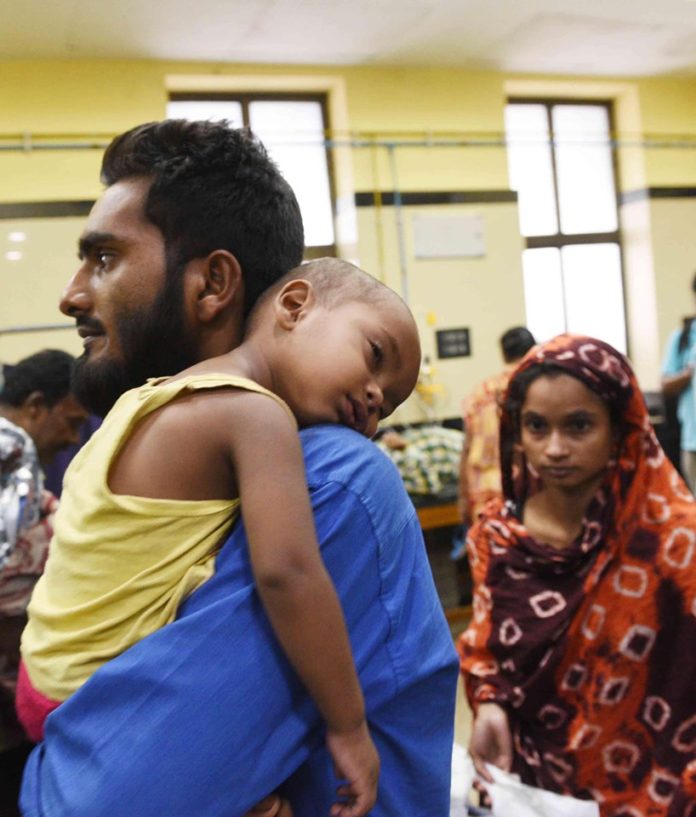The doctors’ strikes in Kolkata that are now threatening to spread elsewhere are symptoms of systemic lapses that remain unaddressed while young medicos bear the brunt
Noble is a fraught word.
There has never ever been any argument about saving lives being noble. The question that is now swallowing Indian medicine in general and Kolkata in particular – at the present moment, but it can be any city really – is how much nobility does it take to stomach a cracked skull at work. How much nobility does it take, to go back to work – for the umpteenth time – knowing fully well that the basic demand for a secure work place which should be the right of every individual, will continue to remain unmet. As has happened so many times in the past, this time too, doctors will be talked into withdrawing their strike without the administration fulfilling its duty and it will soon be business as usual.
Till the next incident of doctor assault for real or perceived negligences.
In a country where hundreds of policemen from a already strained force are deployed for VIP security, where common people patiently wait while politicians whiz past through corridors – what’s known as “route laga hai” in Delhi parlance – why is it so difficult to ensure safety of doctors in hospitals?
The doctors’ strike at Kolkata – AIIMS Delhi will join in tomorrow in solidarity following the assault on doctors at NRS Medical College which left one doctor seriously injured, has many dimensions. One of the most important, without doubt, is the fact that sick patients are bearing the brunt of what is essentially a chronic government failure across state and central governments. When and how it became the right of patients and their families to administer instant redress to their grievances is a long story of the failures of the Indian state to ensure healthcare to its people despite a Constitutional obligation to do so, the increasing trust deficit between doctors and patients and an appalling lack of responsiveness when repeated incidents have happened over the years across the country.
Mistakes happen; but it is the nature of a hospital that people die even when none happen. It is also in the nature of overcrowded government hospitals in India that it is not possible for a doctor who sometimes sees 200-300 patients in the outdoor department and also has indoor patients to look after, to spend the kind of time that is needed to counsel and explain patients’ families. That does not absolve medicos – many of the them are among the poorest communicators in the country – of the need to do so effectively and humanely – but it is simply an impossibility. The responsibility for that impossible situation lies at the doorstep of the government. Why 70 years after independence the country’s health system can function if an only if doctors at government hospitals live super human lives every day is a question that has been repeatedly asked without eliciting any reply from the political class.
There is no reply either on why, the conditions being well known, incidents of doctor assault been allowed to recur time and time again. That is also why statements such as the one that Union health minister Dr Harsh Vardhan issued on Thursday or the Facebook post of West Bengal chief minister Mamata Banerjee, ring hollow. Dr Vardhan himself a practising physician till some years back, said: “Doctors are an integral pillar of the society and often work under stressful and difficult conditions. I urge the patients and their caregivers to observe restraint.” In a long post, Banerjee wrote: “We have taken all necessary action whatever required – our Additional Chief Secretary, Health visited the injured doctor and met a section of the agitating junior doctors and appealed to them to resume services. Our government is giving full co-operation and taking all necessary action. But, in spite of that, provocations are coming from other political parties, which no one should fall trapped into.”
In a country where hundreds of policemen from a already strained force are deployed for VIP security, where common people patiently wait while politicians whiz past through reserved corridors – what’s known as “route laga hai” in Delhi parlance – why is it so difficult to ensure safety of doctors in hospitals?
Some answers need to be sought and given.


